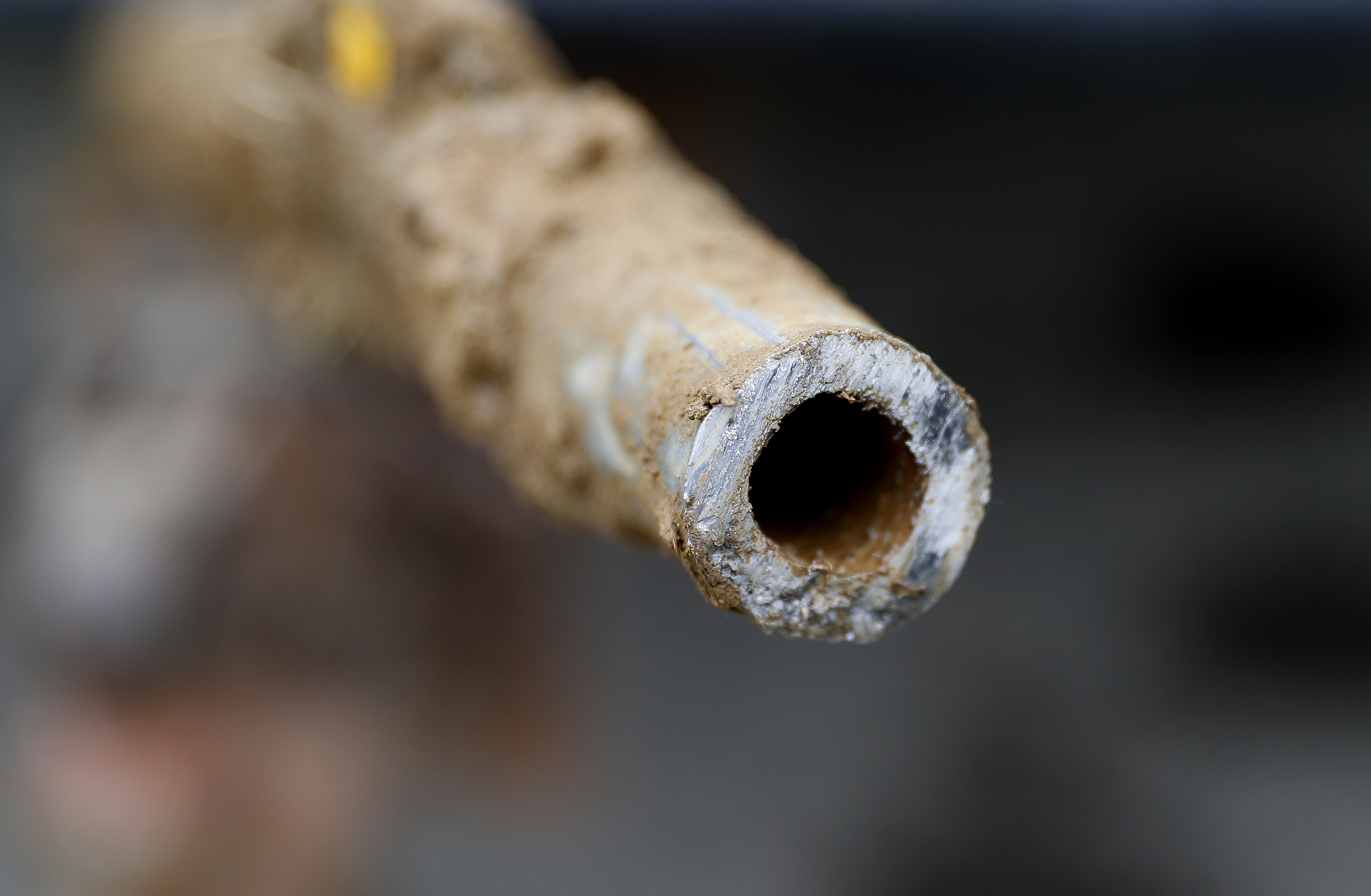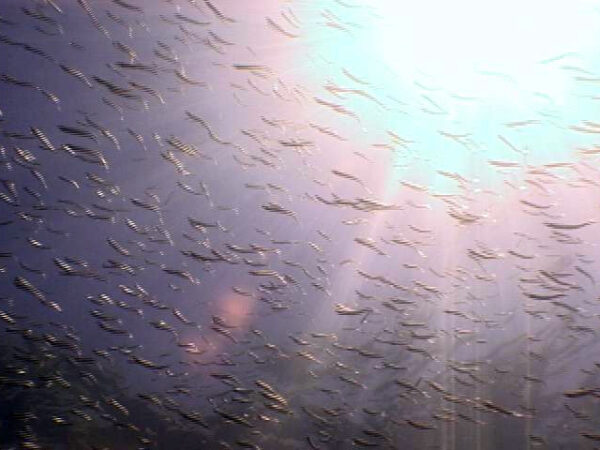
From lead pipes to PFAS, drinking water contamination is a major issue plaguing cities and towns all around the Great Lakes. Cleaning up contaminants and providing safe water to everyone is an ongoing public health struggle.
Keep up with drinking water-related developments in the Great Lakes area.
Click on the headline to read the full story:
Illinois:
Residents of Sycamore, Illinois, have filed a class-action lawsuit against the city of Sycamore, alleging that it knowingly failed to maintain its water supply and ignored problems with its corrosion control treatment. Further charges include failing to correct discolored drinking water that “tastes like blood” and endangering public health by delivering toxic levels of lead to people’s homes.
- EPA Announces $113 Million for Illinois Water Infrastructure – The State Journal-Register
On Tuesday, officials from the U.S. Environmental Protection Agency announced more than $113 million to modernize water infrastructure in Illinois. Illinois will provide low-interest financing to communities across the state for costs associated with drinking water infrastructure. Plans include replacing 600 lead service lines by 2023, since almost 10,000 of the city’s 53,000 service connections have lead pipes.
Indiana:
- Indiana Gets Federal Money To Reduce Lead In Drinking Water – WFYI Indianapolis
Like Illinois, Indiana received a federal grant to help update water infrastructure. The Environmental Protection Agency announced it will put more than $55 million toward the state’s revolving loan fund. The fund provides loans to communities for things like replacing water and sewer lines — including lead drinking water pipes.
If any sampling results reveal lead levels above the action level of 15 parts per billion, eligible schools and child care facilities will be provided with remediation costs for the repair and replacement of lead fixtures.
Michigan:
The Michigan Department of Environment, Great Lakes and Energy has launched an online tool to report drinking water concerns. The Office of the Clean Water Public Advocate is overseeing the project and will address public concerns about drinking water quality.
Michigan residents may utilize the online system to raise concerns about their community water supplier or their own private wells.
New York:
- Schumer Demands Navy Act Quickly to Bring Public Water to Homes Near the Former Grumman Site in Calverton – Riverhead Locan
Sen. Chuck Schumer is urging the U.S. Navy to immediately develop a plan to connect homes near the former Grumman site in Calverton to public water.
The former Navy manufacturing facility in Calverton was occupied by the Grumman Aerospace Corp. from the early 1950s through the mid-1990s. The Navy began its assessment of environmental conditions at the site in the mid-1980s. It retains four noncontiguous parcels of land totaling about 335 acres inside the fenced 2,900-acre site due to environmental contamination, which now violates acceptable contamination levels according to New York law.
Ontario:
Prime Minister Justin Trudeau first promised to end all long-term boil water advisories during the 2015 campaign. It was the first major promise on the Indigenous reconciliation file, which became one of the central priorities of the Liberal’s governing agenda. The Trudeau government then said it would meet the target by March 2021.
However, the government will miss the target (in some cases by several years) according to a survey of communities by CBC News. More than a dozen First Nations said projects to end long-term drinking water advisories won’t be completed by the promised deadline, and some said it could take many years.
Quebec:
- ‘That Bothers Me a Lot’: To Fight Cynicism, Youth in Kanesatake Pen Letters to Politicians – CTV News
Students at Ratiheǹte High School in Kanesatake penned letters to both levels of Canadian government explaining their generation’s sentiment on the legacy of the residential schools that sought to strip Indigenous children of their culture and language. They focused on the lack of access to clean drinking water and the over-representation of Indigenous inmates in the country’s correctional facilities.
Wisconsin:
- New Report Finds Nitrate Pollution In Drinking Water May Cost Wisconsin Up To $80M In Medical Expenses – Wisconsin Public Radio
Nitrate pollution in drinking water is linked to negative health outcomes that are costing people in Wisconsin anywhere between $23 million and $80 million each year in medical expenses, according to a new report published this week in the journal Environmental Monitoring and Assessment.
The report analyzed nitrate exposure using test results from public and private water supplies and found that 111 to 298 cases of colorectal, ovarian, thyroid, bladder and kidney cancer may be caused by nitrate contamination each year.
Read more drinking water news on Great Lakes Now:
Who in the U.S. Is in ‘Plumbing Poverty’? Mostly Urban Residents, Study Says
What Has the Trump Administration Meant for Water?
Drinking Water News Roundup: Illinois COVID-19 shutoff protections, Ontario First Nation evacuation
Explainer: Who regulates U.S. drinking water, and how?
Policy Expert Q&A: Keep advocating with elected officials for safe drinking water
Featured image: In this July 20, 2018, file photo, a lead pipe is shown after being replaced by a copper water supply line to a home in Flint, Mich. (AP Photo/Paul Sancya, File)




